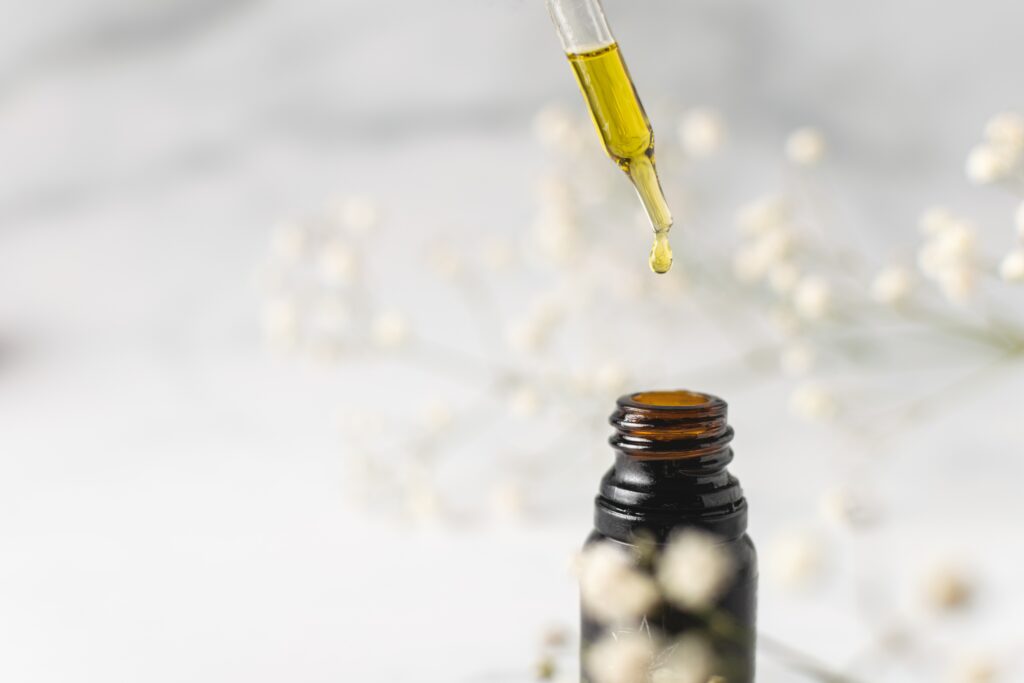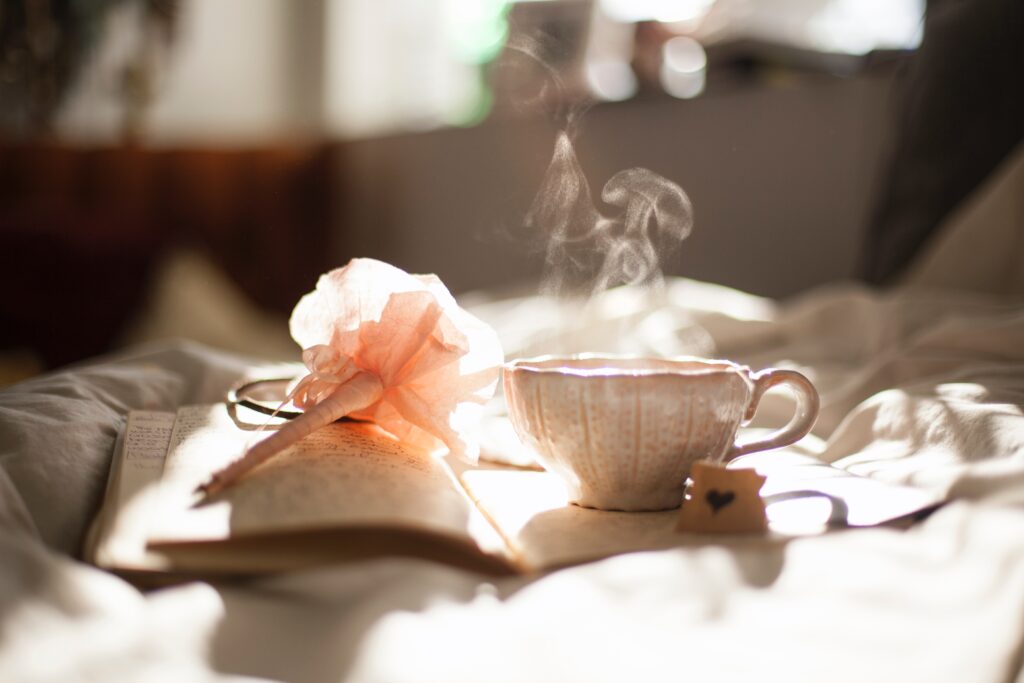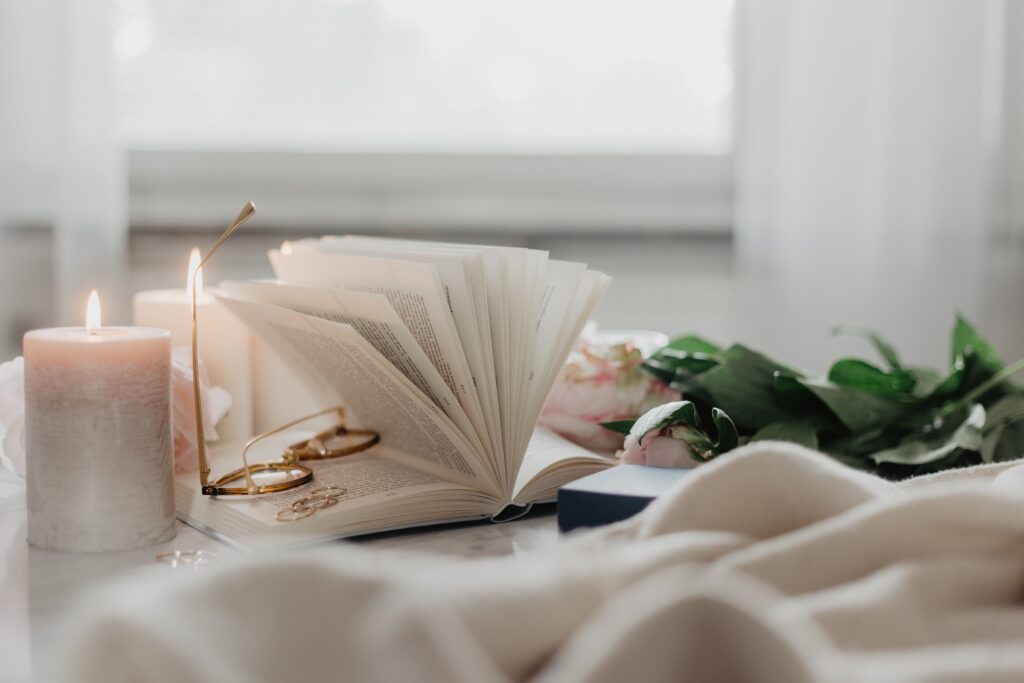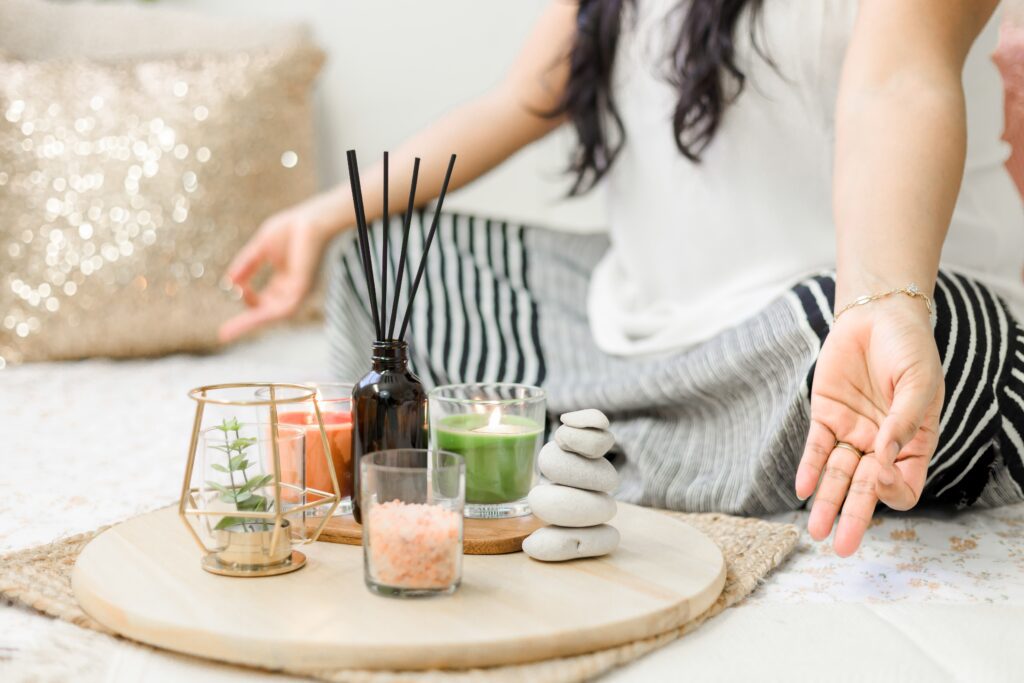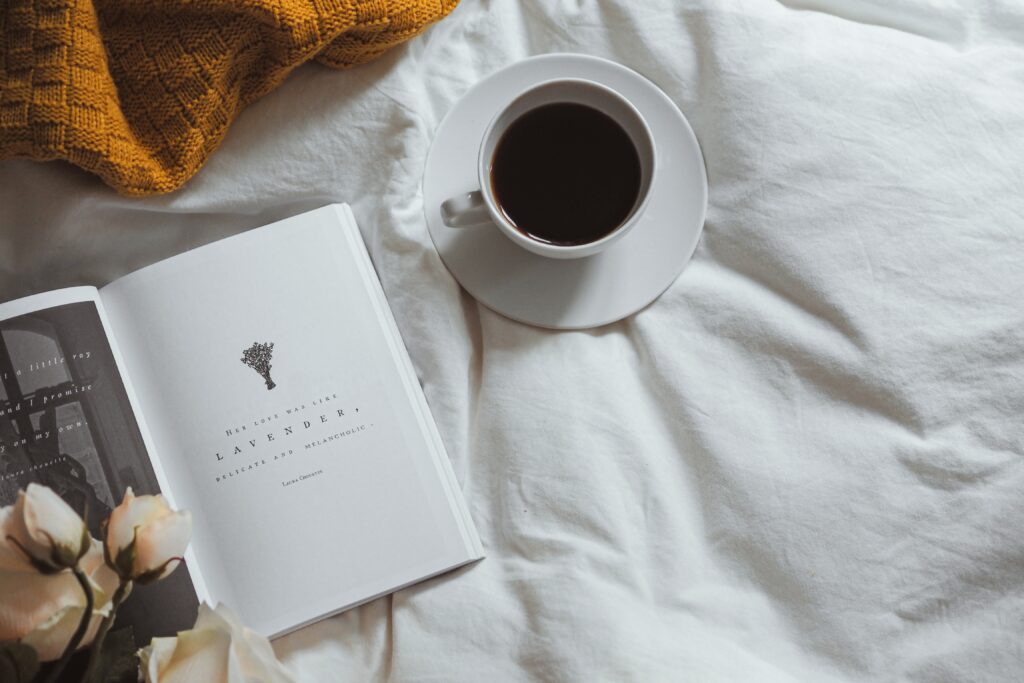Today the most common issue is falling asleep and staying asleep.
Our daily routine and lifestyle choices have taken their toll on sleep quality, as a result, more and more people are having trouble getting a restful nightly slumber.
Though there are many sleeping pills and supplements that make you doze off sooner, essential oils are the most natural remedy out there.
In our ancient culture, Egyptians were the first ones to use essential oils in their practices. Though, their natural components and versatility have gained popularity in today’s modern era as well.
Their varied aromatic scent makes the atmosphere more inviting and relaxing. Essential oils can be more than just building mood and atmosphere. By including these fragrant oils in your sleep hygiene routine, you can improve vitality and well-being, which can aid in better sleep.
The Link Between Your Sleep and Scent
Our sense of scent is detected by the olfactory sensory neurons, which is a mass of tissue located above each of your nasal cavities.
When you smell any scent, its odorant is passed through the olfactory bulb. Its work is to transmit the odorant from the environment to the limbic system, where it stimulates a region of the brain that is heavily involved in creating memories and emotions, leading to emotional and behavioral responses.
Every smell has a relation to our emotional and physical response as well as to sleep. Some scent makes the atmosphere more inviting, affecting our quality of sleep. Like, lavender and chamomile promote relaxation, so using them in aromatherapy at night helps you wind up easier.
Scent and Your Emotional Response to It
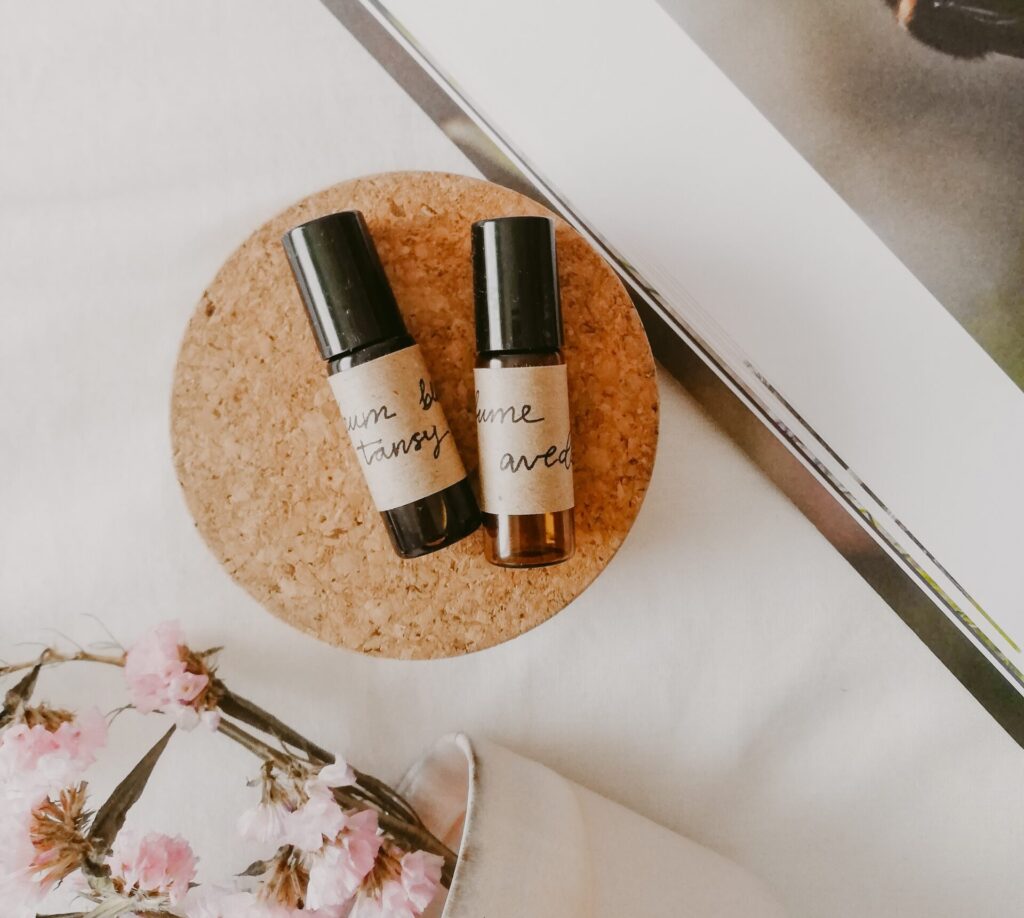
Photo by mariana rascao on unsplash
Sometimes a distinct smell can trigger a memory or an emotional reaction in our mind.
Like, a weft of delicious food creates a hunger to eat it. Some bad odor makes you queasy and wants to stay away from the source, or a specific sweet, floral scent might remind you of a loved one.
Just like a particular scent is linked to an emotion or a person, some smell makes you relax and let loose. Their power and effect on our senses can make us sleepy.
Research has also shown that the smells around you while sleeping can affect your dream state and memory formation. A good smell makes you have more positive dreams, while any foul odor contributes to negative dreams.
How to Use Essential Oils When You Can’t Sleep at Night
1. Build a Relaxing Routine
For essential oils to work their magic, it is important to build an atmosphere that promotes daily restful night’s sleep. While we may not be aware of our surrounding environment, it has significant influences on our bodily change.
Sleep in a Cool Room
During sleep, your core temperature dips to 1 or 2 degrees. Your body temperature starts to fall even before you have fallen asleep.
Making your room temperature cooler drops your body temperature faster, and it can help you drift off sooner.
Keep Your Room Dark
Your bodily clocks respond to external factors of light cues. When it is dark, your body produces melatonin hormone, which kicks start your natural sleep cycle. Keeping your room as dark as possible while sleeping makes your body produce more melatonin, which in turn makes you feel tired and sleepy.
Stick to the Routine
When it comes to sleep, keeping to a routine that your body clock is adapted to is necessary. Since our sleep cycle is determined by the circadian rhythm, avoid things that may affect it.
Circadian rhythm is our brain’s internal clock that regulates our sleepiness and wakefulness cycle, which responds to light changes in our environment.
To drift off easily, stay away from any unnecessary things that might keep you awake like,
- Drinking caffeine before bed
- Digital devices
- Noisy and too-bright environments
- Frequent daytime naps

2. Run Diffuser While Meditating
Meditation is a mindfulness technique for calming your mind and body at once, and essential oil stimulates your senses which helps cool your composure.
Diffusing essential oils while mediating will not only destress you for better sleep but furthermore enhance your whole meditating experience.
Meditation is already an affecting practice for promoting quality of sleep, and by combining it with aromatherapy, you can escalate their benefit.
3. Massage Your Sole With Essential Oils
A foot massage has several beneficial outcomes that help you get a good night’s sleep.
A study conducted by the JAN global nursing research found that people who receive foot reflexology tend to get fewer sleep problems.
Foot reflexology is a technique to apply steady and gentle pressure on specific points along your feet that eases your tension and aches.
Massaging your foot sole with essential oils at night can relieve muscle soreness and alleviates any pain and stress you might have endured during your daily routine.
A few minutes of reflexology can reduce sleep-related issues and disorder effects like sleep deprivation, insomnia, and restless leg syndrome.
You can learn how to massage your own feet to promote better sleep.
4. Bath in Essential Oil-Infused Water
At the end of the day, nothing feels more pleasurable than soaking your tired and exhausted self in a hot bath and cleaning off your day’s stress.
A hot bath is considered the most effective remedy to instantly kill your tiredness, and ease sore muscles and joints.
Multiple research also suggests taking a hot bath 90 minutes before bed can increase your blood flow and later help your body temperature to drop to fall asleep faster.
Adding essential oil to your bath water will certainly raise your bathing experience to the next level. Bathing in oils-infused water lowers your blood pressure and makes your breathing slower and deeper. Unlike a cold shower that wakes you up, a hot bath or shower affects your ability to sleep better.
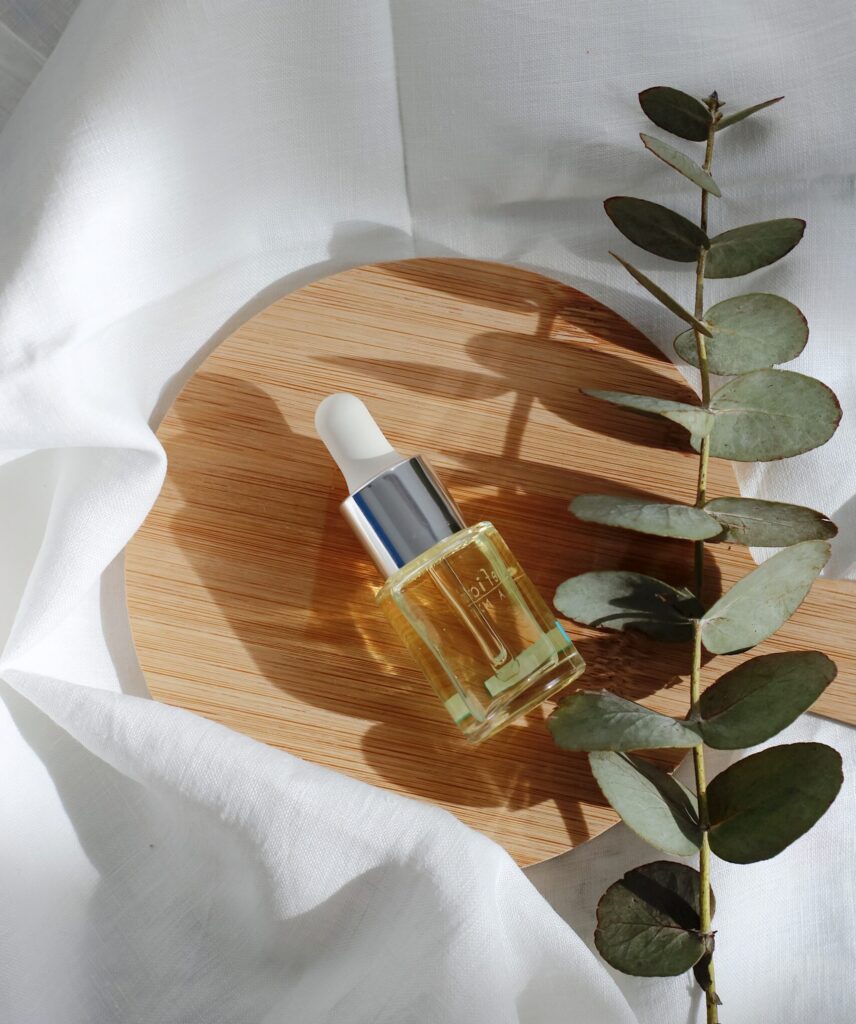
5. Apply Them Directly to Your Pulse Point
In aromatherapy, pulse points are the most focused area because this is where your blood flows closer to your skin.
When you massage your pulse point directly with essential oils, it gets a direct route to your bloodstream and your senses. Oils are absorbed faster this way and give you the quickest therapeutic benefits.
For the most effective and quickest way to get the benefits of essential oils, massage your pulse point (like your wrist, at the temples, behind your ears, or on your sole) with the essential oil of your choice till it gets absorbed.
6. Inhale Them
Essential oils are potent aromatherapy blends that can affect, uplift, and soothe your senses.
As per the aromatic effect of oil, it can stimulate different responses and experiences in your brain. Like, citrus essential oils are known for their exuberant scent that fills anyone with energy, inhaling these oil will instantly uplift you and revive your spirit.
The most common and easiest way to use essential oils is to inhale them through a humidifier, make pillow spray or scented candles, soap, or by including them in your skincare routine.
If you are someone who has a hard time sparing a few minutes of self-care for them, this is the best practice to unwind at the end of the day.
Essential Oils for Better Sleep
There are several types of essential oils and their expected benefits. They serve the purpose of promoting relaxation along with reducing restlessness, and if used as an alternative therapy, you can manage your sleep problems better.
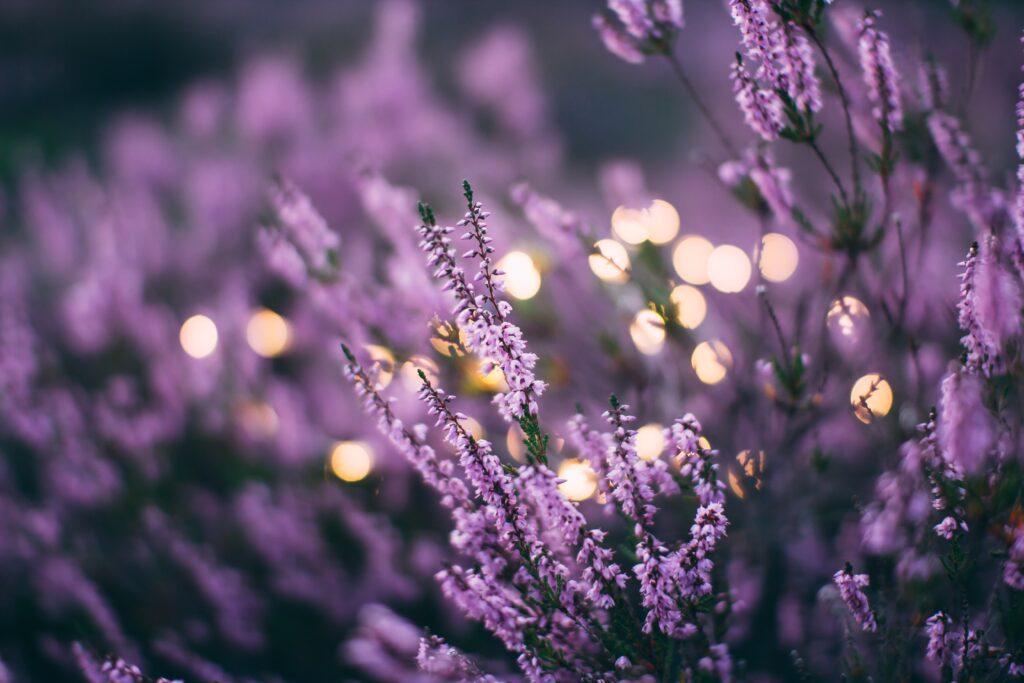
Lavender
It is one of the most popular scents for sleep, and for a good reason. Its soothing scent helps treat insomnia and many other sleep disorders.
Because of its versatility, multiple studies were conducted suggesting it acts as a mild sedative. It also helps increase melatonin level in individuals of all age groups, which help promote deep sleep.
Chamomile
This sweet and herbaceous aromatic flower is widely used to stave off anxiety. If you want to reduce your daily stress and tension, drinking chamomile tea at night or using chamomile essential oil in aromatherapy can help to calm your nerves, reduce stress levels and encourage sleep.
Ylang Ylang
Extracted from the tropical Asian tree, ylang-ylang essential oil helps lower your heart rate and relax you for sleep. To alleviate its effect, blend this oil with lavender or geranium oil and create a drowsy ambiance where you can unwind.
Eucalyptus
The sharp, camphor-like smell of eucalyptus essential oil does more than just clear your sinus.
This volatile oil can open up your airways, especially for a person suffering from sleep apnea, relieving congestion and relaxing you so you can get your goodnight’s sleep.
(Warning- it is always advisable to test the patch of your skin with diluted essential oil before using it. Though they are naturally derived plant extracts, they are highly concentrated, and using them without diluting in a carrier oil can irritate or burn your skin.)
Lastly
Every essential oil has its own unique property and usefulness. Using it according to your need and preference will cultivate the most benefits of these oils. If used mindfully, they can be a great contributor to your overall well-being.

